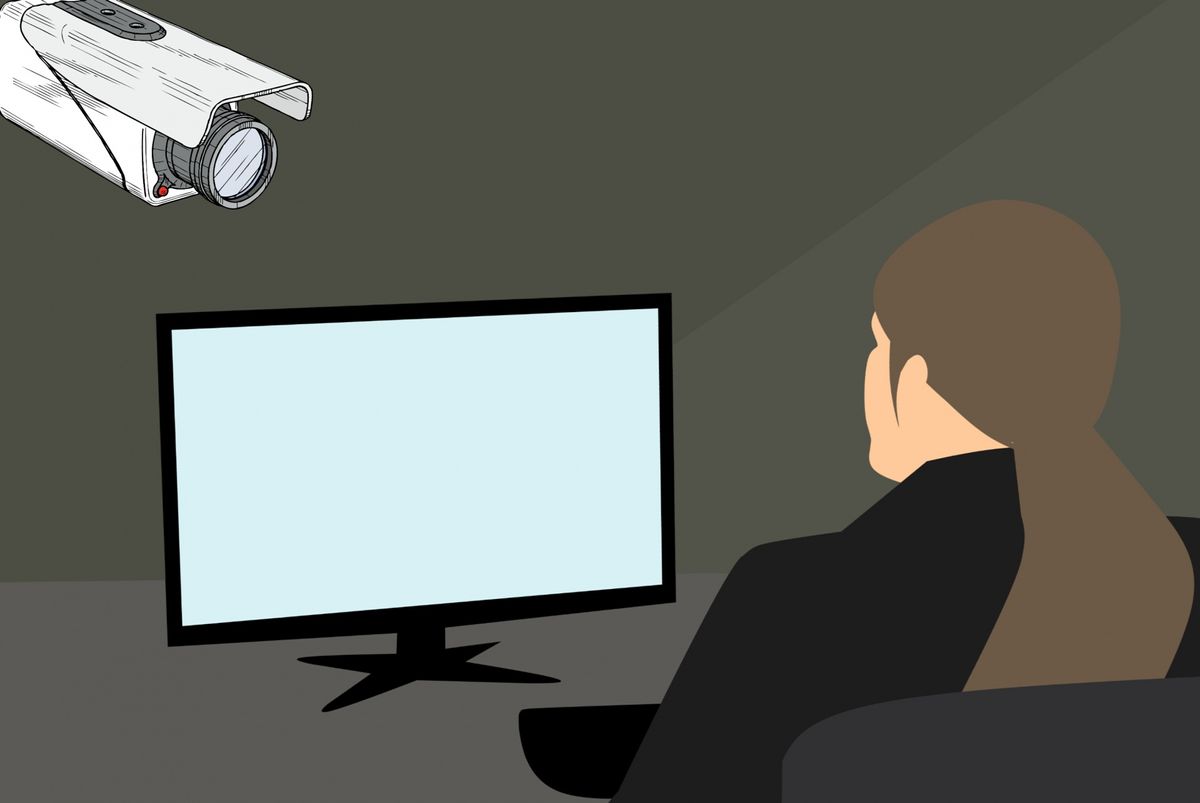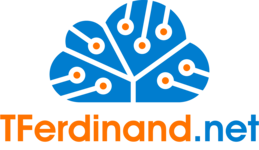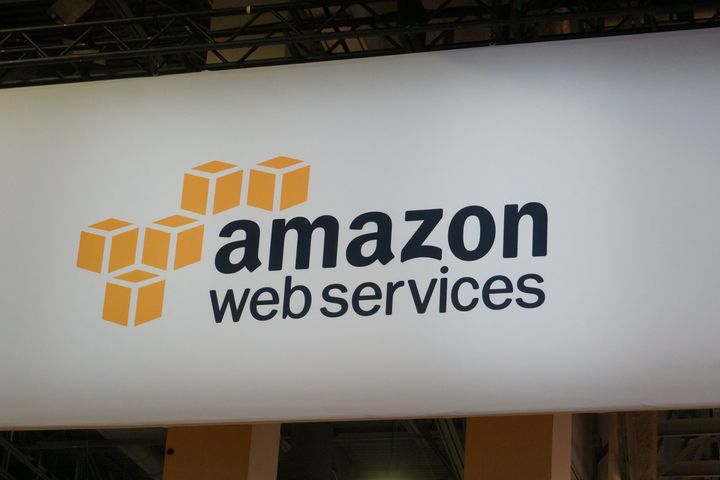Why do I care about my personal data

I've been in IT long enough to know the value of personal data. It's very valuable data for companies, allowing them to target their audience ever more effectively.
I worked for 3 years for Médiamétrie which, in France, carries out studies and surveys for companies as well as most of the audience measurements for TV channels and radios.
What often comes out of the studies is the same thing, what is interesting is not the mass, it's the CSP (socio-professional category). Knowing that TF1 had an audience of 12% the day before is a piece of information, knowing that "people in charge of purchasing" (from memory, commercial name for "housewife/man") aged 30 to 40 years old represented 26% of the market share is much more valuable.
Effective Targeting
Why is this data more valuable? It is more precise and allows for more effective product targeting to attract more and more people.
I took the example of television, but this model applies to just about any good or service.
Myself, I do an analysis of the server logs to determine how you get to this site, and which articles are the most read. This allows me to produce more quality articles of interest to my readers.
Having accurate data on your audience is a key piece of information to improve your product. And the more information you have, the better! For example, knowing that a reader who went to the site 20 minutes after being on LeMonde (for example) is important information, just as important as knowing that the reader is a 34-year-old schoolteacher!
Block tracking
I can already hear some people saying "yes, but I don't care, I'm blocking the tracking", and you're right! I myself use the Brave open source browser, based on Chromium, but with native ad-blocking/tracking (and https upgrade).
When you see how many trackers are blocked, you still wonder if some sites don't abuse a bit...

And again, some are not in this list.
So, you block the tracking, fine, but still, you are still being tracked.
Apart from the fact that it's a game of cat and mouse between tracking and blocking, it is also possible to use other solutions, such as fingerprinting. This method involves extracting certain data sent by your browser to obtain information that uniquely identifies the device you are using.
Several studies have shown in recent years that it is possible to identify a browser in a simple way. For example, you can go to https://amiunique.org/

This will show you the information sent by your browser and how easy it is to track your Internet usage on that browser.
As you can see in the screenshot above, my fingerprint is unique among more than 2 million!
Data security
I said earlier that data is valuable for businesses (and advertisers), but it's also perfect data for a hacker!
Besides the fact that it is possible to match data to have a name/name/email address behind a use, knowing how the Internet is used makes the social hacking I mentioned a while ago easier.
Indeed, when I receive Free phishing when I am an Orange subscriber for example, I immediately identify the phishing. On the other hand, if I receive an email consistent with my history, it will be more complicated to separate the wheat from the chaff.
Some companies that collect this data have already been the target of hackers and are prime targets given the value of the data they have.
Impact on performance and the global network
In the example I cited above (The 20minutes website), we see more than twenty trackers present on the site, in addition to the huge intrusion into privacy, it also represents a huge impact on the performance of the browser or on the global network.
Indeed to be able to make these trackers available, we will create servers, CDNs (to optimize network flows), databases etc... and thus generate a lot of network flows on the server side, which have a significant cost, whether human or on our planet, but it also has a blow on the processor, the ram or the network of the end user.
As an example, here is the loading of the home page of the site 20minutes with and without the tracking, with a PC more than enough to surf the internet (Intel i7 8700k + 16Go from Ram to 4GHz) and a 1G fiber connection.
Without tracker :

With tracker :

As you can see, we're getting a 45% increase in network traffic needed to display the same content!
At the moment we ask Netflix or YouTube to reduce their network traffic, it might be time to reduce the impact of tracking, the ball is in the court of the companies.
My point of view
I am aware that tracking is necessary to improve its audience and reach a wider public, and I would even say that it is sometimes necessary so that a company does not make mistakes when introducing new products.
Nevertheless, just like for advertising, I believe that it is necessary to streamline these trackings to get simpler, less intrusive data and by limiting the number of trackers per page, reaching 20 loads for tracking in a web page becomes just aberrant!
There are also server-side processing solutions, which also allow to extract a lot of information without impacting the user, and respecting his privacy.
What do you think about it?




Comments ()